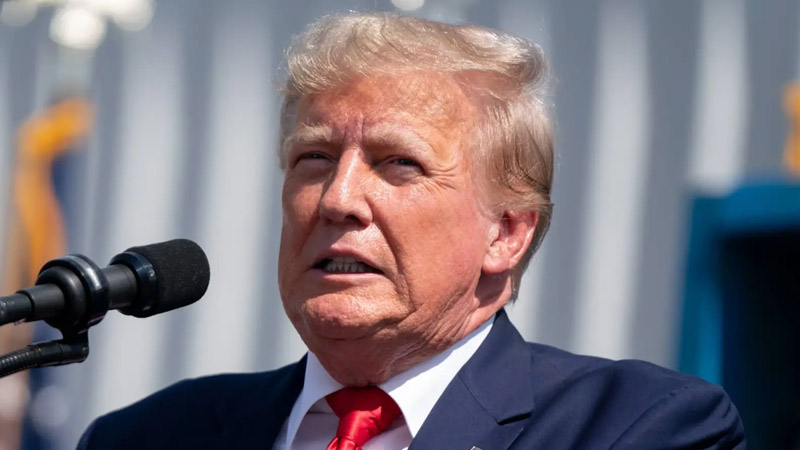With four more cases pending, the Supreme Court is set to issue its decision on Donald Trump’s presidential immunity claim on Monday. In the case of Donald Trump v. the United States, the former president seeks absolute immunity from criminal prosecution for his efforts to overturn the 2020 presidential election and his role in the January 6 Capitol Hill insurrection.
Trump, who has been indicted by the Justice Department’s special counsel Jack Smith on four counts related to his 2020 election overturn efforts, argues that presidents should be immune from federal prosecution. The case was presented before the conservative-majority Supreme Court on April 25 and was the last argued this term. Critics claim the Court’s decision to delay this case until early July, while issuing decisions on other major cases, is deliberate.
“The delay that has occurred here is intentional, and it is destructive of our democratic process,” James Sample, a constitutional law professor at Hofstra University, told Salon. Laurence Tribe, a constitutional law professor emeritus at Harvard University, echoed this sentiment, saying, “It’s obvious that the court has deliberately delayed everything… It could easily have issued a ruling much sooner… It could have taken the case in December when the special counsel asked it to be heard directly, or they could have declined to take the case after the court of appeals quite comprehensively rejected Trump’s appeal, so the trial could be over by now”, via The Washington Post.
Regardless of the Supreme Court’s decision, its handling of the case’s timeline has significantly reduced the chances of Trump standing trial before the 2024 presidential election in November. Across all four of his criminal cases, Trump has been attempting to delay the trials. So far, he has only been convicted in one case involving hush-money payments to adult film actor Stormy Daniels to influence the 2016 presidential election.
It remains to be seen whether the Supreme Court will grant Trump his request for absolute immunity from prosecution. Both Trump’s lawyer and the Justice Department’s lawyer have agreed that there are certain private acts for which presidents are not immune. During oral arguments in April, conservative justice and Trump appointee Brett Kavanaugh suggested that refusing immunity could have broader implications for future presidents. “It’s not going to stop, it’s going to cycle back and be used against the current president and the next president and the next president after that,” Kavanaugh said.
Meanwhile, liberal justice and Biden appointee Ketanji Brown Jackson expressed concerns that granting immunity would encourage future presidents to commit crimes while in office. “Once we say ‘no criminal liability, Mr. President. You can do whatever you want,’ I’m worried we would have a worse problem than the problem of the president feeling constrained to follow the law while he’s in office,” Jackson said.
As the nation awaits the Supreme Court’s decision, the implications of their ruling will undoubtedly have a profound impact on the future of presidential accountability and the legal precedents that govern executive power.


